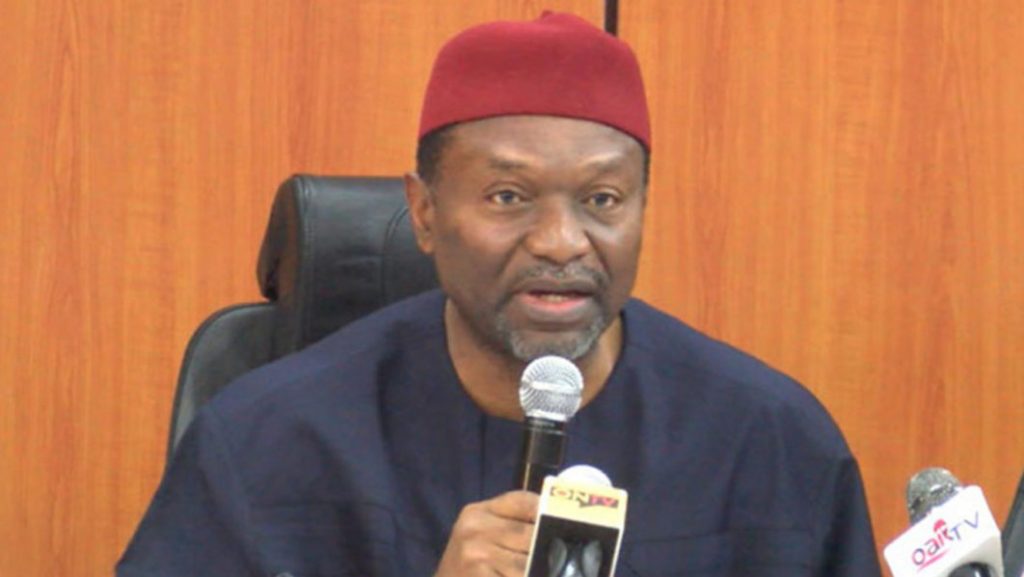The Federal Government has earmark N160 billion this year to accommodate adjustments that may arise as a result of the planned increase in minimum wage.
The amount is to take care of arrears of promotion and severance benefits to civil servants.
Captured under service wide vote, the amount is contained in the 2019 budget proposal which was submitted by President Muhammadu Buhari to the National Assembly.
The 2019 budget has an estimate of N8.83 trillion made up of N4.04 trillion for recurrent expenditure, N2.03 trillion for capital expenditure and N2.14 trillion for debt servicing, among others.
An analysis of the budget showed that the sum of N160 billion had been provided to take care of public wage adjustment and salary increases in the Ministries, Departments and Agencies of the government.
Apart from the N160 billion, the government has also budgeted N4.5 billion for the payment of retirement benefits to former Heads of Civil Service of the Federation and retired Permanent Secretaries.
Also, about N5 billion was budgeted for payment of death benefits for civil servants and men of the Nigeria Police Force.
The entitlements of former Presidents/Heads of State and Vice-Presidents will gulp N2.3 billion in 2019 while retirement benefits for former heads of government parastatals are estimated at about N1billion.
In the same vein, the government is proposing to spend N121.6 billion on military pensions, N28.3 billion on civilian pensions, N7.4 billion on police pensions and N50 billion on arrears of 33 per cent increase in pension rates.
The Minister of Budget and National Planning, Senator Udo Udoma, had said the government was committed to increasing the minimum wage.
Udoma had while speaking during the public presentation of the 2019 budget explained that already, provisions had been made in the 2019 budget for the wage increase.
He said, “Government committed to an increase in the Minimum Wage. Provision has been made for this in the 2019 budget.”
He said already, a high-powered technical committee had been set up to advise on ways to ensure that the adjustments in the minimum wage could be funded without necessarily increasing the level of borrowings.
He said the setting up of the committee became imperative so as to minimise any potential threat of wage increase on the level of inflation.
He said, “A High-powered Technical Committee has been set up to advise on ways to ensure that the attendant wage adjustments for those already over the minimum wage can be funded without increasing the level of borrowing.
“The committee is also to advise on ways to implement these consequential adjustments in such a manner as to minimise their inflationary impact.
“The recommendations of the committee will be captured in the Finance Bill to be presented to the National Assembly together with the Minimum Wage Bill.”

